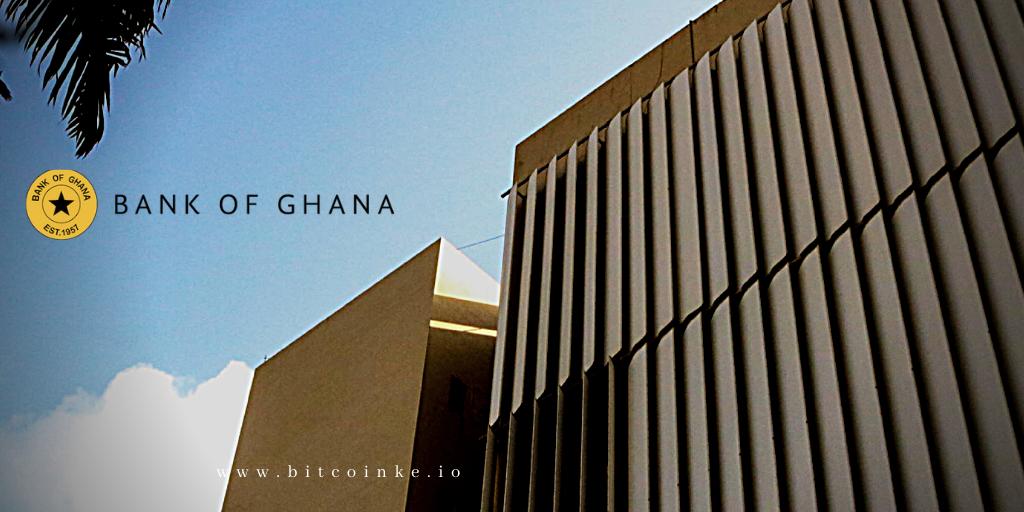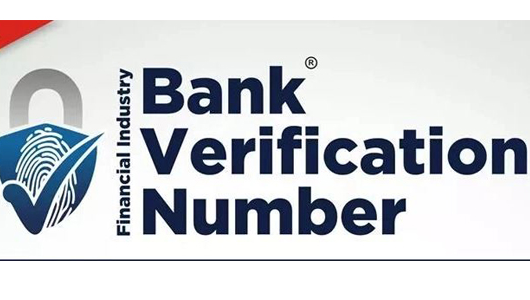According to this report by BiometricUpdate.com, Biometrically-secured finance could offer more financing options to help small businesses grow. Nigeria’s biometric Banking Verification Number (BVN) system provides a model that neighboring countries, many with developing ID platforms, could benefit from, writes a Ghanaian financier.
Ghana’s current economic growth rate has fallen sharply to 3.2 percent forecast for 2020, its central interest rate is 14.5 percent and the annual inflation rate has been below 10 percent for around three years.
He states that SMEs provide over half the jobs in the formal sector, and a much larger percentage in Ghana’s informal sector. Small companies struggle to secure finance from major lenders such as commercial banks and rely on smaller, ‘non-bank’ financial institutions (NBFIs).

These mushroomed in the 1990s, and were joined by firms licensed by the Securities Exchange Commission scenting the opportunity and the market became disreputable, according to Kenneth Thompson, CEO of Dalex Finance Limited, who shared this thought in an opinion piece carried by Joy Online.
In spring and summer 2019, 347 microfinance companies had their licences revoked by the Bank of Ghana, along with the licences of nine universal banks, 39 microcredit companies, 15 loans and savings companies, eight finance houses and two non-bank institutions, reported Ghana Web.
Ghana’s domestic financial system needs to be robust but will also require improvements to its reputation: “Institutions must also work extra hard to get rid of the perception that they are run by rouges. The judicial system must dispatch commercial cases expeditiously. The Bank of Ghana should introduce a Bank Verification Number (BVN) system as in Nigeria.”
Praising not just the BVN’s ability to prevent identity theft and fraud, but implement standardization of procedures across financial institutions. Thompson believes the benefits increase investor confidence, attract funds to the sector and reduce costs, leading to what he describes as the “crown jewels”: a reduction in the cost of loans.
If borrowing costs fall below 10 percent per annum, Thompson believes SMEs will flourish.
In neighboring Nigeria, the BVN system which requires users’ fingerprints, has been accepted by many as a necessary step for financial inclusion. Over 40 million Nigerians have a BVN and the Central Bank of Nigeria is hoping to increase that to over 100 million in the next five years. In the same timeframe, the country is hoping to register the whole population for its ID system. Around 14 million bank accounts have been linked with the National Identification Numbers so far.
Mentions of BVN on social media indicate shifting concerns around the system, suggesting that people are more worried about non-Nigerians in surrounding countries acquiring BVNs, trending away from complaining about the system itself.
Agencies worldwide offer services to diaspora to sign up for BVN, as do banks themselves, to allow Nigerians anywhere in the world to access financial services based in the country.
BVN lets service businesses grow around other businesses. For example, a company selling cars can work with a potential buyer, who can put his or her BVN into an app to see what car financing options are available, benefitting the buyer, seller and the loan provider.
Flourishing areas of pan-African fintech such as continental money transfers can also specifically favour Nigerians. BVN-holding signups for transfer companies such as Chipper can register instantly whereas as those from countries such as Ghana have to await approval.
Even areas such as cryptocurrencies could also benefit from Nigeria’s system as the very fact it includes user ID information means crypto services very different to the anonymous versions elsewhere.
Nigeria is showing that the BVN system can help protect finance companies in a downturn such as the current pandemic, though with mixed results. According to TechNext, Nigerian fintech firms are the hardest hit by loan defaults at present due to borrowers losing their jobs due to COVID-19. Banks are able to access other banking assets linked to a customer via their BVN. The article finds that fintech firms in Nigeria are having to collect collateral from borrowers such as vehicle papers to secure the loans.
Furthermore, Nigeria's Federal Government and charities have been able to use BVNs to distribute welfare payments during the pandemic which, if reaching the intended recipients, will see the funds being returned straight back into the economy via the purchase of essentials.
Nigeria’s neighbors are developing biometric ID systems which could be linked to banks as well as providing ID to open accounts. Nigeria’s six-year journey so far with BVN has been able to demonstrate the difficulties as well as the benefits in good times and bad and could become even more desirable to those neighboring countries. Perhaps once ID systems are established, with ECOWAS standards for many nations in the region, the BVN system could go fully international.


